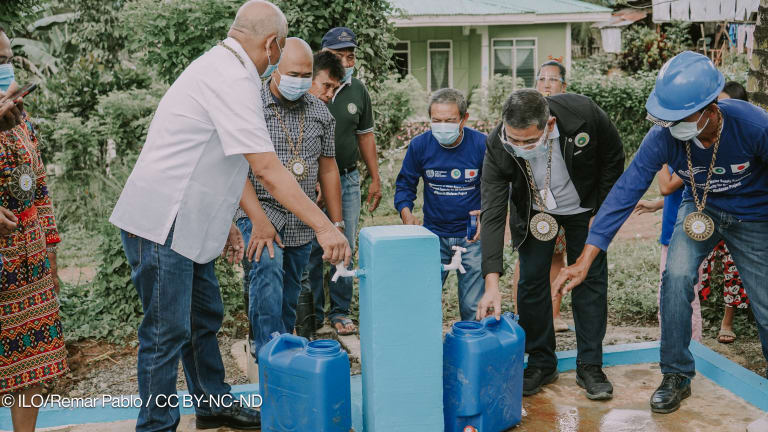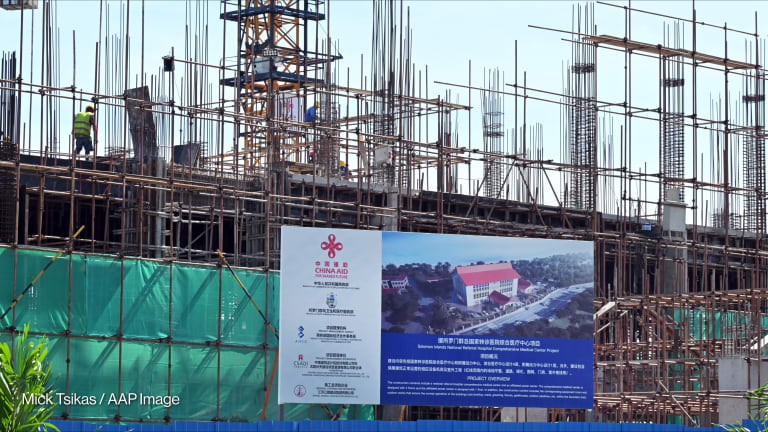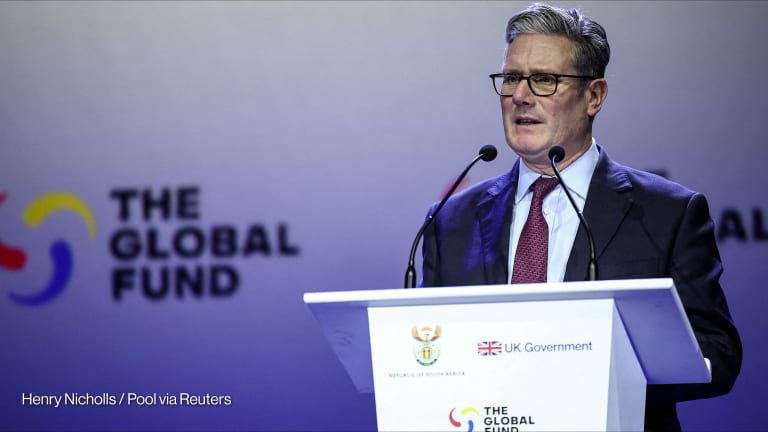As the global economic downturn threatens to reduce funds against diseases such as HIV/AIDS, emerging powers within the G-20 were urged to enter the circle of donors to developing countries.
The Global Fund to Fight HIV/AIDS, Tuberculosis and Malaria asked former recipient countries in Asia and Africa, whose economies are growing, to help their poorer counterparts overcome health-related development issues.
"As these countries come in and play more political leadership roles, they have to enter into the global solidarity effort when it comes to health," Global Fund Executive Director Michel Kazatchkine said during a speech in Indonesia's Bali island Aug. 11.
Kazatchkine, who was attending the ninth International Conference on AIDS in Asia and the Pacific, said his organization may turn to countries such as China - once a major recipient of the Global Fund's donations - and South Korea when it lobbies for the next three-year cycle, from 2011 to 2013.
"I really think it is time for the G-20, which is 85 percent of the world's economy, to come into the circle of donors," Kazatchkine said in the interview.
"The Global Fund has to expand. China is an obvious example, I know South Korea is quite prepared to come in as a donor," he added.
According to data from the Organization for Economic Cooperation and Development, concurrent G-20 and OECD member nations such as South Korea and Australia already ensured their financial support to developing countries.
South Korea's official development assistance was $797.23 million in 2008, almost $100 million more than the previous year, while Australia contributed $3.16 billion last year.








